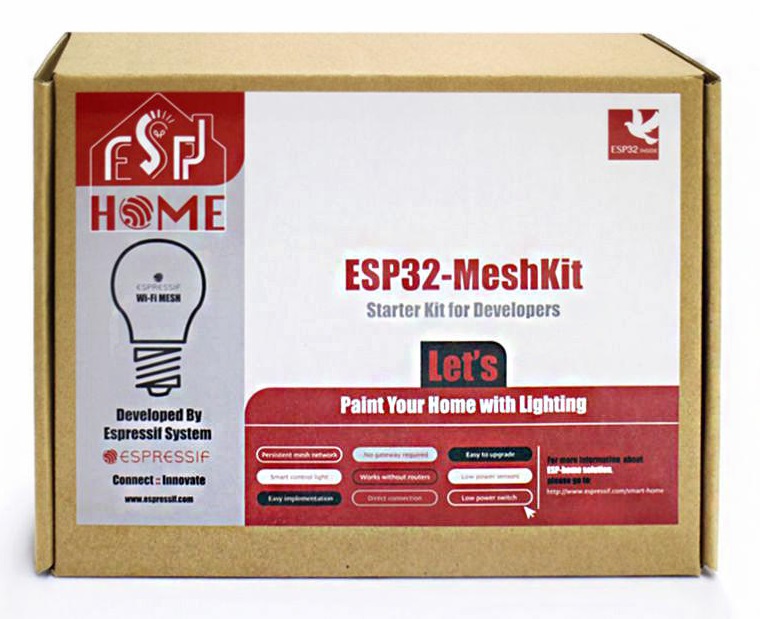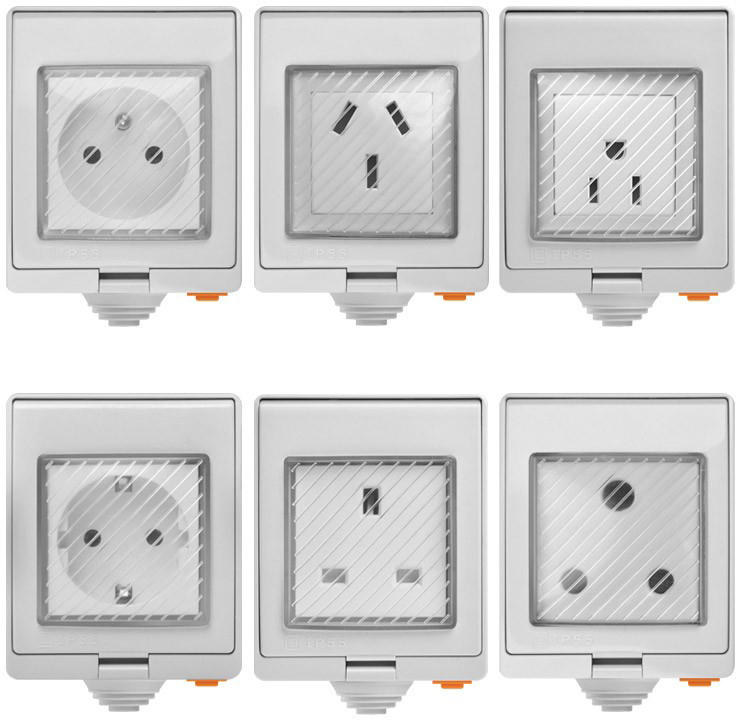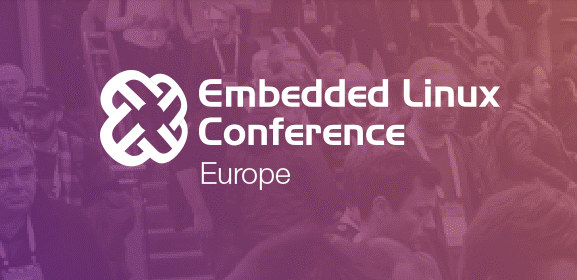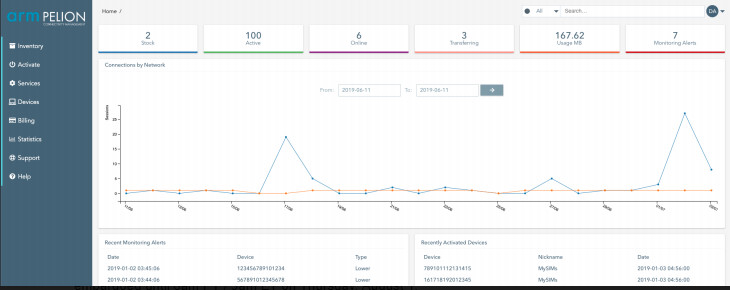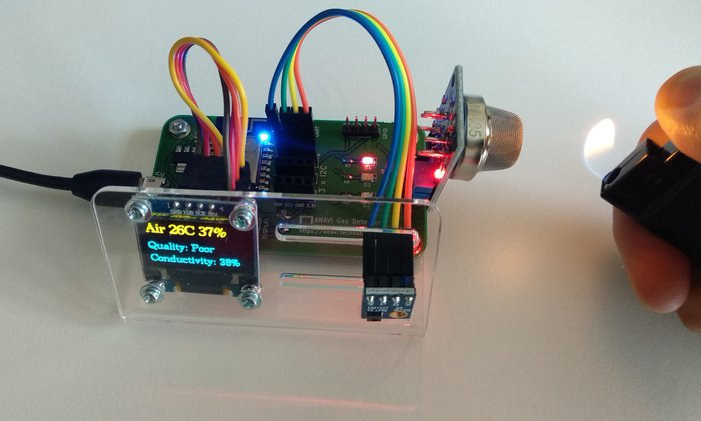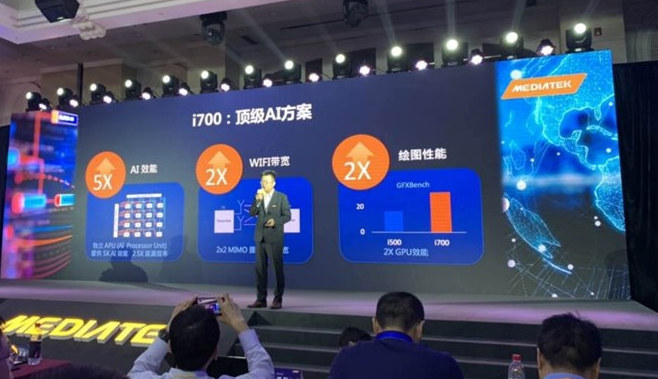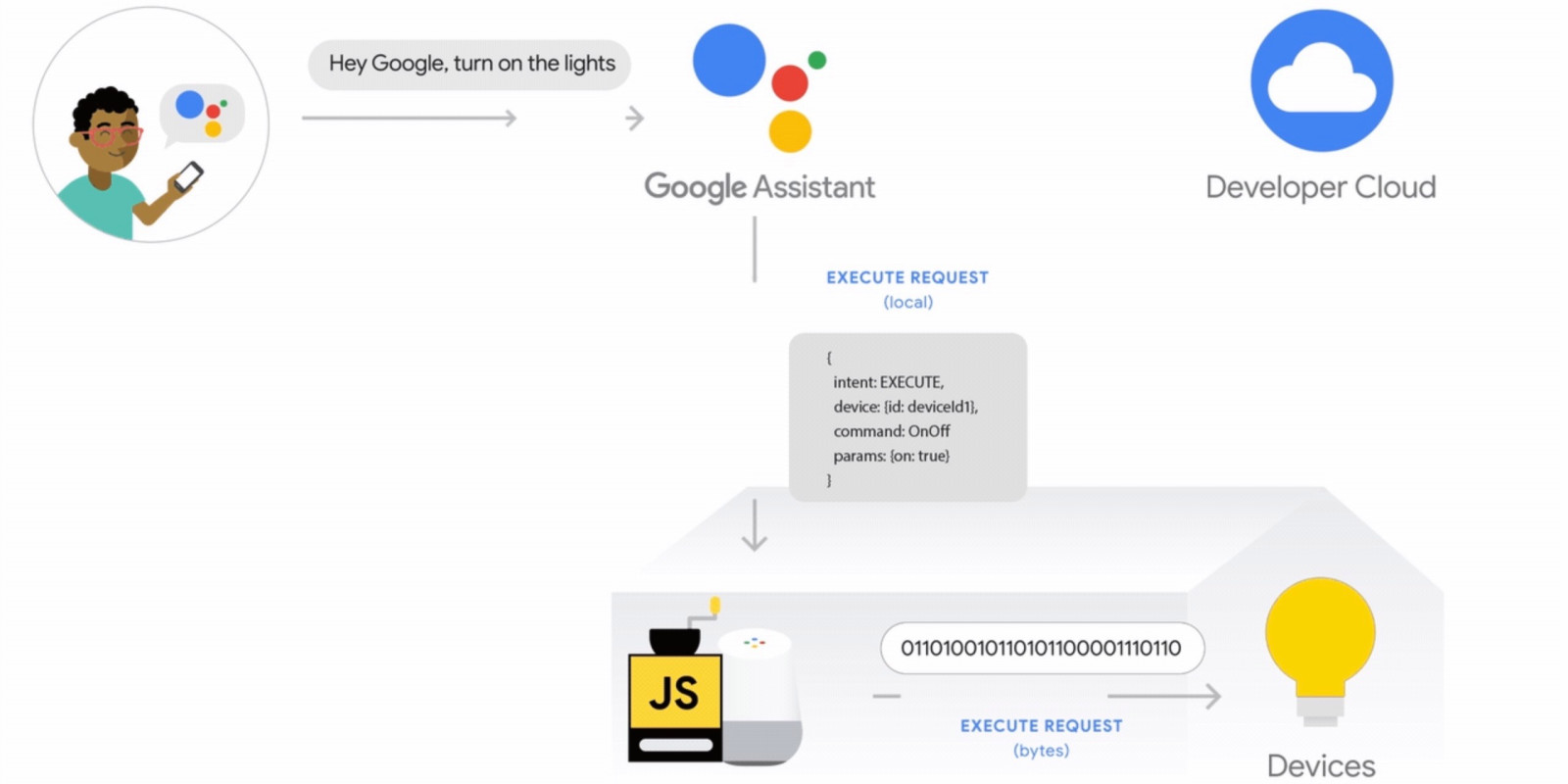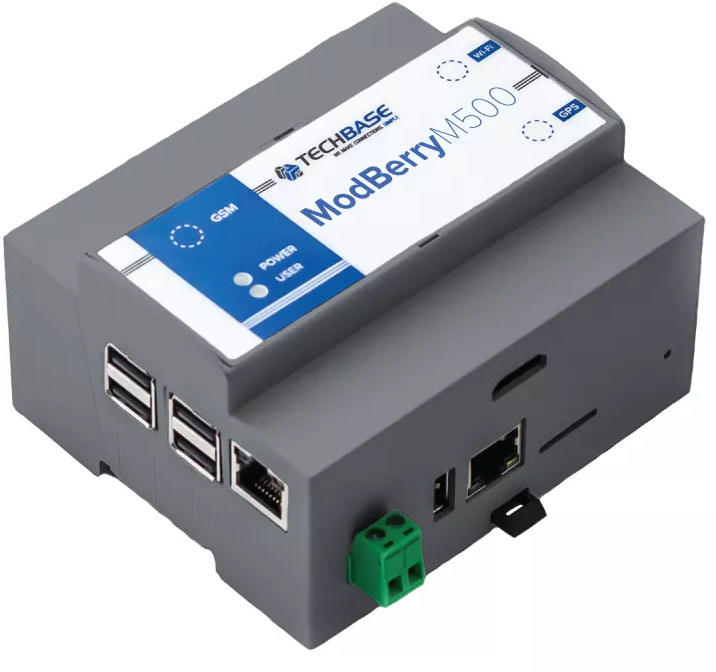The ESP8266 was a jewel in its peak, it ruled the maker’s world in the need for creating a low-cost WiFi module. Being Arduino compatible also furthered its glory then the ESP32 came in. ESP32 offered so much more than the ESP8266, and most importantly it was also affordable. With support for Bluetooth and WiFi, ESP32 was to open a new frontier for the development of Internet of Things applications. A major drawback of the affordable ESP32 was the lack of official support of mesh network for the chip, something that was easily possible with the ESP8266. Mesh network allows you to build a network of nodes that can communicate with each other, self heal, and many more possibilities. But thankfully, back in 2018, Espressif Systems released the ESP Mesh Development Framework (ESP-MDF) which sits on top of the IoT Development Framework (ESP-IDF), the official development framework for the chip. […]
Sonoff S55 Waterproof WiFi Smart Sockets are Offered in Six Regional Variants
When WiFi smart sockets (aka smart plugs) started to appear a few years ago, they were often only available with either US or China plugs, and users from Europe, UK or other locales may have had to use an adapter instead. Since then, products that ship with multiple versions such as Sonoff S26 or Orvibo Wiwo S20 have launched in order to cater to more people around the world. ITEAD has now launched another WiFi smart socket, namely Sonoff S55, that’s designed to work outdoors thanks to IP55 ingress protection rating, and is offered in six different variants for Australia, Germany, France, the United States, South Africa, and the United Kingdom. Sonoff S55 specifications: Input/Output S55TPI(AU) – AC 100-240V 50/60Hz 10A Max S55TPF(DE) – AC 100-240V 50/60Hz 16A Max S55TPE(FR) – AC 100-240V 50/60Hz 16A Max S55TPB(US) – AC 125V 50/60Hz 10A Max S55TPD(ZA)- AC 100-240V 50/60Hz 10A Max S55TPG(UK) […]
Embedded Linux Conference (ELC) Europe 2019 Schedule – October 28-30
I may have just written about Linaro Connect San Diego 2019 schedule, but there’s another interesting event that will also take place this fall: the Embedded Linux Conference Europe on October 28 -30, 2019 in Lyon, France. The full schedule was also published by the Linux Foundation a few days ago, so I’ll create a virtual schedule to see what interesting topics will be addressed during the 3-day event. Monday, October 28 11:30 – 12:05 – Debian and Yocto Project-Based Long-Term Maintenance Approaches for Embedded Products by Kazuhiro Hayashi, Toshiba & Jan Kiszka, Siemens AG In industrial products, 10+ years maintenance is required, including security fixes, reproducible builds, and continuous system updates. Selecting appropriate base systems and tools is necessary for efficient product development. Debian has been applied to industrial products because of its stability, long-term supports, and powerful tools for packages development. The CIP Project, which provides scalable and […]
Arm Releases Pelion Connectivity Management 2.0 Platform with Greater Automation
Arm has announced its latest version of Pelion IoT Platform, a no-upgrade needed platform Pelion Connectivity Management 2.0 a SaaS with an automation engine. Previously, we reported on the Sigma Delta Technologies modular devkit that was designed to work with the cloud-based Arm Pelion 1.0 device management service through the Mbed OS, focused on IoT development. The Pelion Connectivity Management 2.0 adds a level of automation that the Pelion 1.0 didn’t have, but that the company felt the customer base in the IoT industry wanted. The new features expand on the Pelion platform, through the Mbed OS, which helped the platform expand through cloud-based management services. The loudest voices in the ever-expanding and transforming IoT industry have said that automation is the key to removing barriers that allow IoT to scale. Pelion 1.0 already offered a single, cloud-based connectivity solution for managing IoT devices. Pelion 2.0 allows IoT devices to […]
ANAVI Gas Detector ESP8266 Board Monitors Air Quality, Toxic Gases (Crowdfunding)
Leon ANAVI is a software engineer with an interest in open-source hardware, and he had previously launched several ANAVI boards for home automation based on Espressif ESP8266 or for Raspberry Pi boards including ANAVI thermometer, ANAVI light controller, and ANAVI Infrared pHAT among others. Leon has now introduced a new board on Crowd Supply: ANAVI gas detector. The board is powered by ESP8266 WiSoC providing WiFI connectivity, and supports MQ gas sensor modules such as MQ-135, MQ-2, or MQ-3 in order to monitor air quality and detect gas leaks. ANAVI gas detector board specifications: Wireless Module – Based on ESP8266 Tensilica L106 32-bit processor with Wi-Fi 4 802.11 b/g/n connectivity Display – Optional Mini OLED display Gas sensor support – MQ-135 for air quality or any other 5V MQ analog gas sensor Expansion – 3x slots for I²C sensors Debugging / Programming – UART pins for flashing custom firmware Misc […]
MediaTek i700 Cortex-A75/A55 AI Processor to Power Automated Stores, Facial Recognition Applications
MediaTek has recently unveiled their i700 octa-core AI IoT Platform, which succeeds their little known MediaTek i500 (MT8385) processor, and features two Cortex-A75 cores, six Cortex-A55 cores, coupled with MediaTek APU 2.0 comprised of a dual-core AI processor, AI Accelerator and AI face detection engine that is said to offers 5x greater performance than the i500.. The new SoC also features an Imagination 9XM GPU clocked at 970MHz, as well as a tri-core ISP with support for a single 32MP camera or a 24MP+16MP dual-camera setup. MediaTek i700 key features & specifications: CPU – 6x Arm Cortex-A55 cores @ 2.0 GHz, 2x Arm Cortex-A75 cores @ 2.2 GHz GPU – Imagination PowerVR 9XM-HP8 (GM9446?) GPU @ 970 MHz MediaTek APU 2.0 AI engine – Dual-core AI processor, AI Accelerator, AI Face Detection Engine; Neuropilot SDK support Memory – Up to 8GB LPDDR4x, 1866MHz Connectivity Cellular – Carrier Aggregation (CA), CDMA2000 […]
Google Releases Local Home SDK Developer Preview
At Google I/O 2019 the company announced its latest plans to advance the Google Home and the Google Assistant with the Google Local Home SDK. Aimed at providing developers the ability to run actions and use resources on the local device rather than in the Cloud, the developer preview has been released just a few days ago to the dev community and made available after some testing at partner companies such as GE, LIFX, Phillips Hue, TP-Link, and others. Google is reporting that security and reliability will be enhanced almost immediately throughout all devices that use the Google Home platform. The idea is to release an SDK that can attract a more diverse and user-friendly smart home device list. Thus, offering more options to third-party developers to create devices that can have features stored and run locally. The idea is to create a local pathway through Google Home Speakers or […]
ModBerry M500 Industrial Computer Gets Upgraded to Raspberry Pi 4
We first wrote about Modberry M500 industrial computer when it was upgraded from Raspberry Pi 3 to Raspberry Pi 3 B+, and added PoE support. With the launch of Raspberry Pi 4 model B, it should come as no surprise that Techbase has now announced Modberry M500 would be available with the latest board from the Raspberry Pi Foundation. Modberry M500 RPI 4 preliminary specifications: SoC – Broadcom BCM2711B0 quad-core Arm Cortex-A72 processor @ 1.5 GHz with VideoCore VI GPU System Memory – 1GB, 2GB or 4GB LPDDR4 Storage – 4GB eMMC flash (TBC), and/or 8GB micro SD card Video & Audio Output – HDMI 2.0 up to 4K @ 60Hz and 3.5mm jack for CVBS (composite + stereo audio) Connectivity True Gigabit Ethernet, up to 2x optional 10/100M Ethernet ports Dual band 802.11 b/g/n WiFi and Bluetooth 5.0 LE Optional Zigbee, LTE/3G, GPS, WiFi, and Bluetooth cards USB – […]


